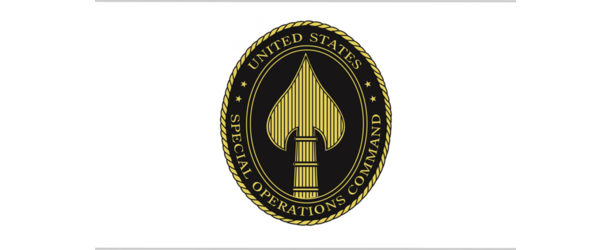US Special Operations Command trying to prepare for quantum computing threat

(FedScoop) U.S. Special Operations Command (SOCOM) is worried about the future threat from adversaries’ quantum technologies, and officials are trying to get out ahead of the problem. IQT-News summarizes a recent article about the SOCOM’s quantum security efforts.
Improving intelligence fusion through real-time data integration is a key pillar of SOCOM’s plans for digital transformation. That data must not only be gathered, fused and transferred to the appropriate end users; it also has to be secured — a challenge that will grow with the development of quantum computing capabilities.
“How do we get after the way those bits and bytes interact with each other and create the intelligence that we need, while at the same time protecting that data, you know, ensuring that the data is trustworthy?” Thomas Kenney, chief data officer at Special Operations Command, said recently.
When the technology is ready for prime time, officials say it could be a game changer. Data “may very easily be decrypted by a capability that has a quantum decrypt capability,” Kenney warned.
The time is now to be thinking about that problem before adversaries have already acquired that capability, he added.
Technology developers are putting a lot of effort into quantum computing, he noted, highlighting the implications of quantum processing. “One of the really interesting tenants of quantum computing is that you can compute multiple outcomes simultaneously. And when you think about the speed of battle and where we’re going to, that ability will be absolutely essential,” Kenney said.
“Being able to have multiple outcomes calculated at the same time on a battlefield that’s happening extremely fast is going to be mission essential to us. Are the technologies there today? Maybe not. But they certainly need to be there in the future, so it’s something that we’re taking a look at,” Kenney said.
Sandra K. Helsel, Ph.D. has been researching and reporting on frontier technologies since 1990. She has her Ph.D. from the University of Arizona.



















